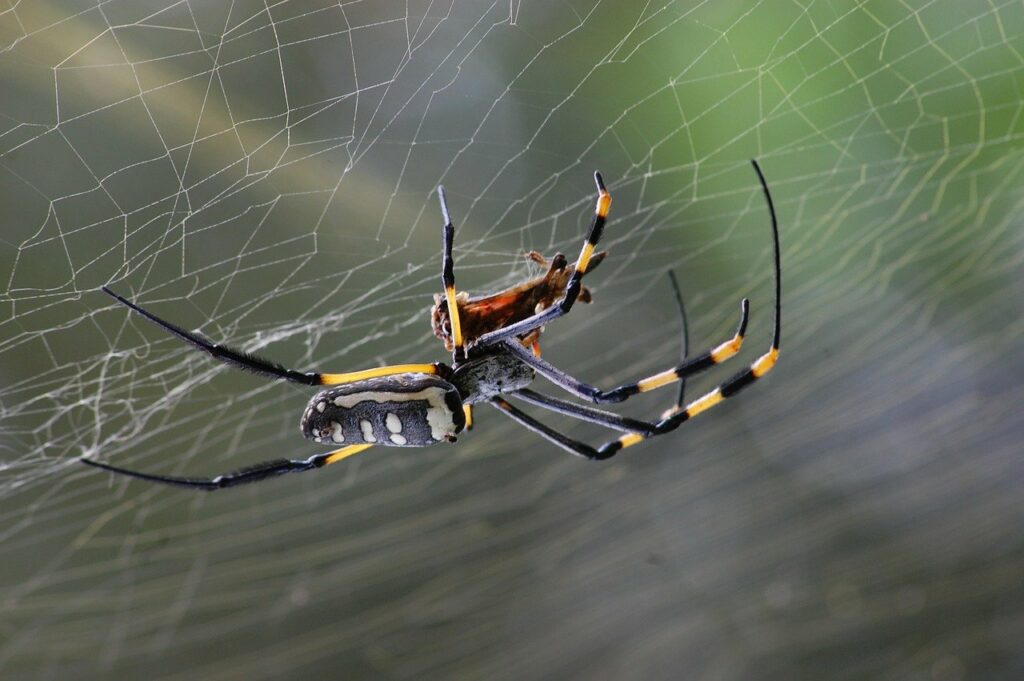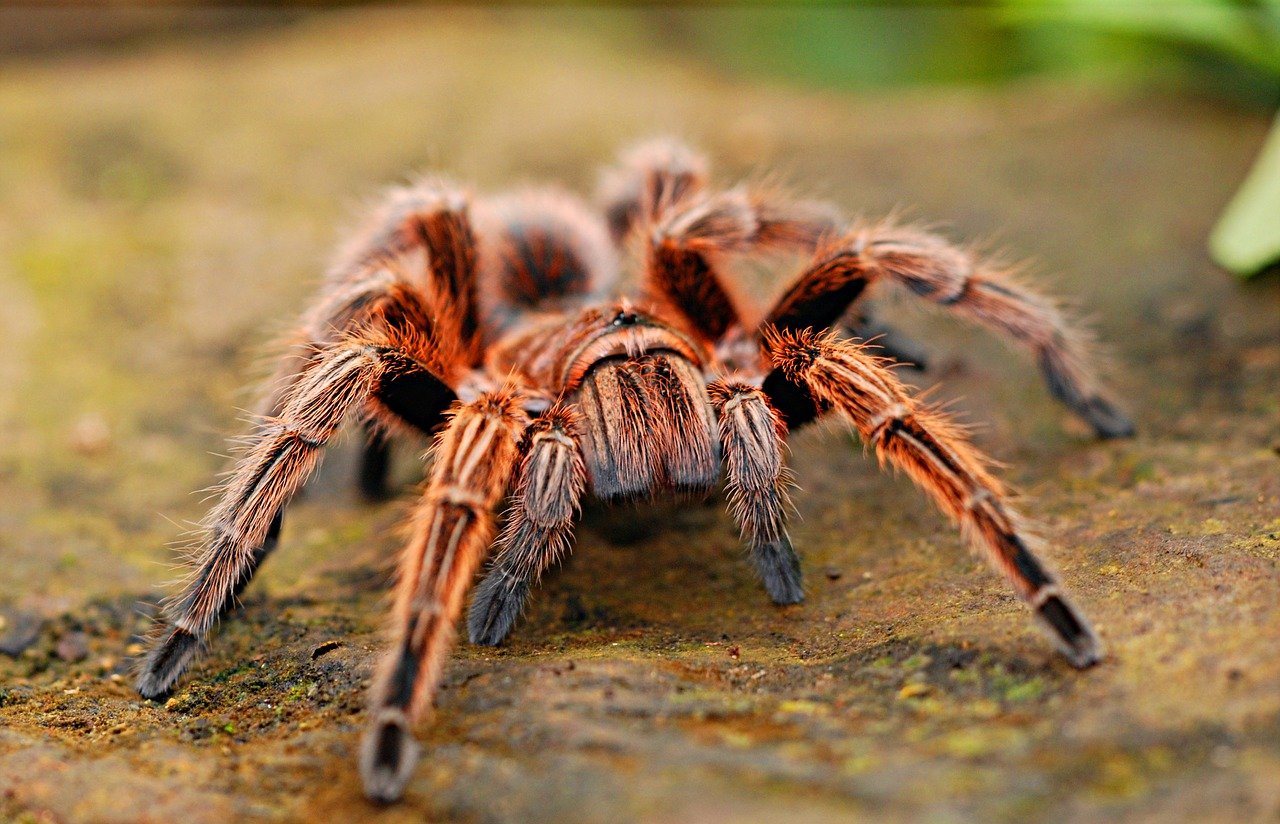There are thousands of spider species out there, and, yes, some of them are venomous. So, for some people, this is a good enough reason to be afraid of spiders. But what if your fear is so intense that it becomes irrational and has physical and mental symptoms that are affecting your daily life? If this is the case you may have arachnophobia — an intense and pathological fear of arachnids, especially spiders. Hopefully, our quick overview of Arachnophobia will help…
Arachnophobia — the facts
- Arachnophobia can affect your daily life. Yes, there is a legitimate reason to fear spiders because of spider bites. But your fear of spiders can be considered arachnophobia when its level is way above the potential danger. If your fear of spiders can already affect your daily life, you know it’s arachnophobia. Your intense fear of spiders can lead to anxiety and panic attacks. They can also make you inefficient in doing your homework, job, or daily activities like eating and sleeping. When these things happen, you can reduce your self-esteem and ruin your relationship with others.
- It has many physical and mental symptoms. When you trigger your arachnophobia, you can experience a variety of physical and mental symptoms. Physical symptoms include can be moderate, like chills, dizziness, drying of the mouth, shaking, and sweating. But they can be extreme, like difficulty in breathing, tightening of the chest, crying, and tantrums. Mental symptoms include being anxious, triggering panic attacks, overestimating the chances of encountering spiders, and feeling the need to “escape” from an area.
- It has many triggers. You can trigger arachnophobia in many different ways, but they all boil down to one main thing — you think there is an immediate danger for spiders. The sight of a spider or spider web, whether in person or in digital form, is one of the most common triggers. But merely talking about spiders or spider webs can trigger arachnophobia as well. Probably the worst trigger of all is just the thought of spiders and spider webs because, many times, there are no other catalysts that lead to these thoughts.

Causes
- The fear of spiders can be an evolutionary trait. There is an argument out there that our fear of spiders is an inherent human trait. It is something we have developed naturally to fight off potential threats. Even infants that have been shown pictures of spiders show signs of fear. But they didn’t show such signs when shown pictures of birds, flowers, and other more pleasant animals and objects. However, this still doesn’t prove that arachnophobia, or the intense fear of spiders, is natural.
- You can develop the phobia because of past experiences. Experts have not fully understood why arachnophobia develops. But one common belief is that it develops because of a bad experience with spiders in the past. For instance, if you have been bitten by a spider before, you can start remembering the experience every time you see a spider, making this remembrance the trigger to your phobia. This is understandable, considering that some spiders have incredibly dangerous bites, such as black widows and brown recluses. You may also develop the phobia if you come from a household that has such a phobia. For instance, if you see your mother panicking every time she sees a spider when you were a child, you may adopt the behavior as you grow up.
- Cultural, religious, and social beliefs can influence its development. The beliefs of a person or the society they live in can help develop such phobias. For instance, media often portrays spiders to be incredibly dangerous, so this may be engraved in your mind. Certain cultures and religions also develop their unique phobias, like how some religious people fear objects that symbolize death, like tombstones. If you live in a social sphere with such beliefs, you can develop the same intense fears.
Treatments
- Change the way you think with the help of psychotherapists. You can treat arachnophobia with the help of psychotherapists. One of the main treatments you can receive is called cognitive-behavioral therapy (CBT.) In this type of therapy, you will be talking with your psychotherapist, so they can guide you to change the way you think about spiders. There are a lot of points to be discussed during sessions. Such points include the symptoms you experience, the deeper exploration of your fear, and how to train your mind and body. Be open to your psychotherapist as much as you can.
- Gradual and repeated exposure can desensitize you to spiders. Another form of treatment you can receive is exposure therapy. In this therapy, you will be exposed to spiders repeatedly. The goal is to desensitize you to the animal you intensely fear. This will also help you realize that spiders are not as dangerous as you think. Do you know that spiders are actually not likely to bite you? Exposure can be done in many ways. You can face spiders in real life. You can also look at pictures of spiders or simply imagine them in your mind. Your psychotherapist can accompany this exposure with relaxation techniques to help you cope.
- Complement your psychotherapy treatment plan with medications. Cognitive-behavioral therapy and exposure therapy can go hand in hand. They are an effective combination. The former can help change your mindset while the latter can help you cope with the fear. Your psychotherapy treatment plan can also be complemented with medications. But take note that medications themselves don’t cure arachnophobia. Their only role is to control intense symptoms like anxiety. Antianxiety drugs, antidepressants, sedatives, tranquilizers, and other drug classes may be prescribed.

Take arachnophobia seriously
Arachnophobia or the intense fear of spiders can seriously affect the quality of your life. When you trigger it, you can experience a variety of physical and mental symptoms that can affect your productivity and ruin your relationships.
Thankfully, you can treat arachnophobia with the help of psychotherapists. You may undergo a variety of treatment methods, including cognitive-behavioral therapy, exposure therapy, and medication.
Getting rid of the spiders in your home can also help with arachnophobia. You can use commercial products like sprays to get rid of spider infestations. But you can also formulate sprays yourself with water and natural agents like citrus slices or vinegar. You can also get help from pest control professionals.

